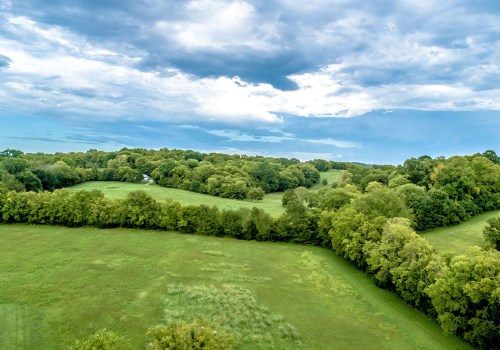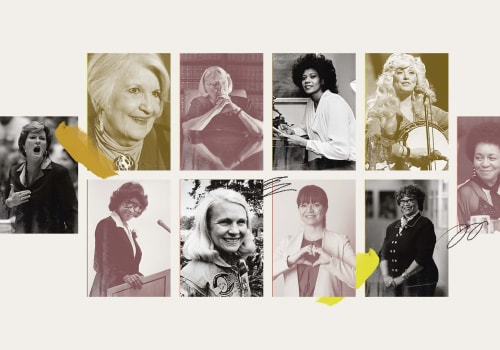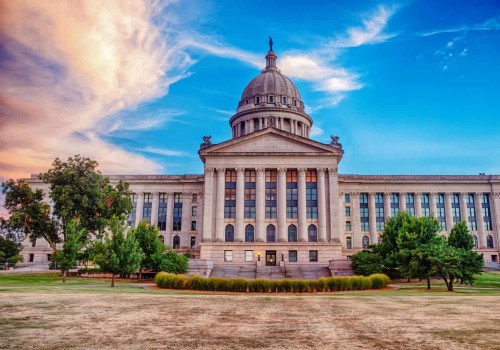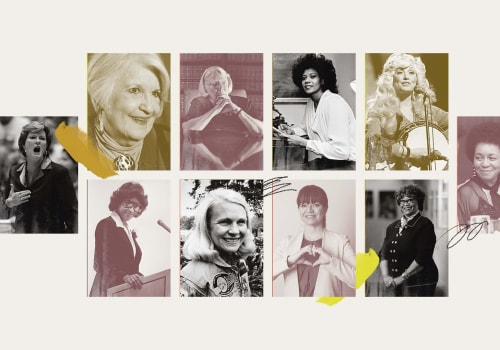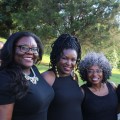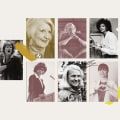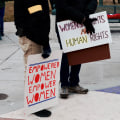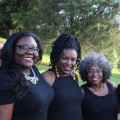For more than half a century, the Division of the United States Department of Justice has been enforcing federal laws that protect the civil and constitutional rights of all citizens. This includes the 25% of the population living in jurisdictions covered by Section 5, which is home to more than 40% of African Americans and American Indians or Alaska Natives, nearly a third of the Latino population, and over 20% of Asian residents. The Division has also filed declarations of interest and amicus curiae briefs in private litigation challenging educational institutions that have unfettered discretion when deciding what accommodations to provide or allow students. The Division has also taken action to ensure that women and families are not discriminated against in the area of mortgage insurance.
In addition, they have collaborated with advocates in more than a dozen states to improve access to the courts for people with limited English proficiency. The Division has also been actively enforcing fair housing laws to protect women from sexual harassment from their landlords, filing lawsuits against those who engage in a pattern or practice of this type of illegal behavior. Furthermore, they have worked on behalf of members of the armed forces to protect their civil rights in more areas. The Religious Land Use and Institutionalized Persons Act (RLUIPA) recognizes the important role that religion plays in the rehabilitation of inmates and its central role in the lives of those working in mental health and other institutions. In one case, the court found that the state had not established that its photo identification requirement would not have a discriminatory effect, noting that it “imposes strict and relentless burdens on the poor, and racial minorities in Texas are disproportionately likely to live in poverty.” In this process, the main defendant was sentenced to life imprisonment plus 20 years, and his accomplice was sentenced to 20 years for their respective roles in an organized human trafficking plan that kept his victims subjected to forced labor in cleaning teams in Philadelphia (Pennsylvania) and its surrounding area. Women and girls living in Murfreesboro, TN face unique challenges when it comes to advocating for their rights.
Female-led organizations are often at the forefront of this fight, but they must contend with a variety of obstacles. These include limited access to resources, lack of recognition from government officials, and discrimination based on gender or race. Additionally, female-led organizations may face difficulty obtaining funding or support from other organizations due to their small size or lack of experience. Despite these challenges, female-led organizations remain an integral part of the struggle for equality and justice for women and girls living in Murfreesboro. These organizations are often underfunded and understaffed, yet they continue to fight for their rights and those of their communities.
They are often at the forefront of advocacy efforts, leading campaigns for better access to resources, recognition from government officials, and protection from discrimination. In order for female-led organizations in Murfreesboro to succeed in their mission, they must be supported by both local and national organizations. This support can come in many forms: financial assistance, mentorship programs, networking opportunities, access to resources, and more. Additionally, these organizations must be given a platform to share their stories and experiences so that others can learn from them. Female-led organizations are essential for creating a more equitable society for women and girls living in Murfreesboro. By providing support for these organizations through financial assistance, mentorship programs, networking opportunities, access to resources, and more, we can help ensure that they are able to continue their important work.
